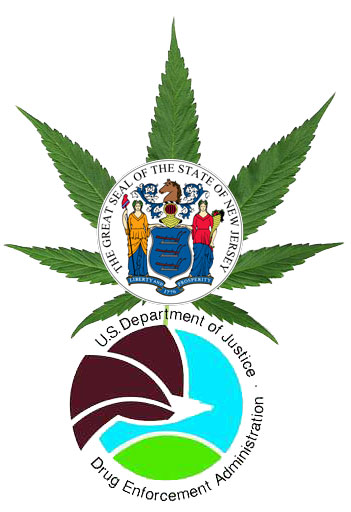 Could eating a better diet make for a better cannabinoid experience? The journal of Free Radical Biology and Medicine published a report, which identifies vitamin E as a “modulator of the cannabinoid system.”
Could eating a better diet make for a better cannabinoid experience? The journal of Free Radical Biology and Medicine published a report, which identifies vitamin E as a “modulator of the cannabinoid system.”
Alpha-Tocopheral is considered the main ingredient of vitamin E, and is well known for its anti-oxidant properties and mood elevating abilities. Low levels of alpha-tocopheral in the brain are associated with health issues such as depression and neuronal degradation.
The authors demonstrated that the actions of vitamin E can be blocked, if the cannabinoid type 1 receptor is blocked by a drug AM251. AM251 can block cannabinoid receptors and prevent them from being activated.
The authors report that the vitamin E and cannabinoid receptor interactions are occurring in a region of the brain known as the hippocampus, which may help explain the benefits of vitamin E other than its anti-oxidant properties.
Vitamin E can have profound effects on brain function, and it is widely used as a food additive. Without vitamin E in the diet a number a symptoms can start to appear, such as anxiety or ataxia.
However, vitamin E does not directly activate cannabinoid receptors, like for example THC, instead alpha-tocopheral modulates the receptor. The receptor modulation from alpha-tocopheral may be an important part of normal cannabinoid receptor function. More research is need to fully understand exactly how alpha-tocopheral obtained from the diet can influence the cannabinoid system.
High-calorie, inexpensive, high-fat and nutritionally deficient diets are common in the United States. These bad diets are correlated to obesity and brain disease. A balance of omega-3 fatty acids or vitamin E can help us live longer and healthier. The mechanism of this wonderful benefit is due to an integrated response between these lipids such as from alpha-tocopheral and cannabinoid receptors.
We ask ourselves the same questions as before; Can our diet can influence our response to cannabinoids and Cannabis? Could the negative effects of cannabinoids be related to nutritionally-deficient diets, which are also associated with mental diseases, such as depression?
This study raises a number of radical ideas that warrant further studies.
By the way…pumpkins have a good amount of vitamin E for some (possible) seasonal cannabinoid receptor system adjustments!
 Jahan Marcu is currently investigating the pharmacology of cannabinoid receptors. He was working at the California Pacific Medical Center Research Institute when exciting discoveries were made showing enhanced anti-cancer effects with THC and CBD from the Cannabis plant. The findings were published in the Journal of Molecular Cancer Therapeutics. In 2009 he received the Billy Martin Award from the International Cannabinoid Research Society (ICRS). Jahan is currently the vice-chair the Medical and Scientific Advisory Board at Americans for Safe Access (ASA). Questions? Contact [email protected]
Jahan Marcu is currently investigating the pharmacology of cannabinoid receptors. He was working at the California Pacific Medical Center Research Institute when exciting discoveries were made showing enhanced anti-cancer effects with THC and CBD from the Cannabis plant. The findings were published in the Journal of Molecular Cancer Therapeutics. In 2009 he received the Billy Martin Award from the International Cannabinoid Research Society (ICRS). Jahan is currently the vice-chair the Medical and Scientific Advisory Board at Americans for Safe Access (ASA). Questions? Contact [email protected]
DISCLAIMER: The views and opinions expressed are those of the author and do not necessarily represent any University, business or affiliates. While the information provided in this blog is from published scientific studies it is not intended to diagnose or treat any disease.




 Chris Goldstein is a respected marijuana reform advocate. As a writer and radio broadcaster he has been covering cannabis news for over a decade. Questions? chris(at)freedomisgreen.com
Chris Goldstein is a respected marijuana reform advocate. As a writer and radio broadcaster he has been covering cannabis news for over a decade. Questions? chris(at)freedomisgreen.com


